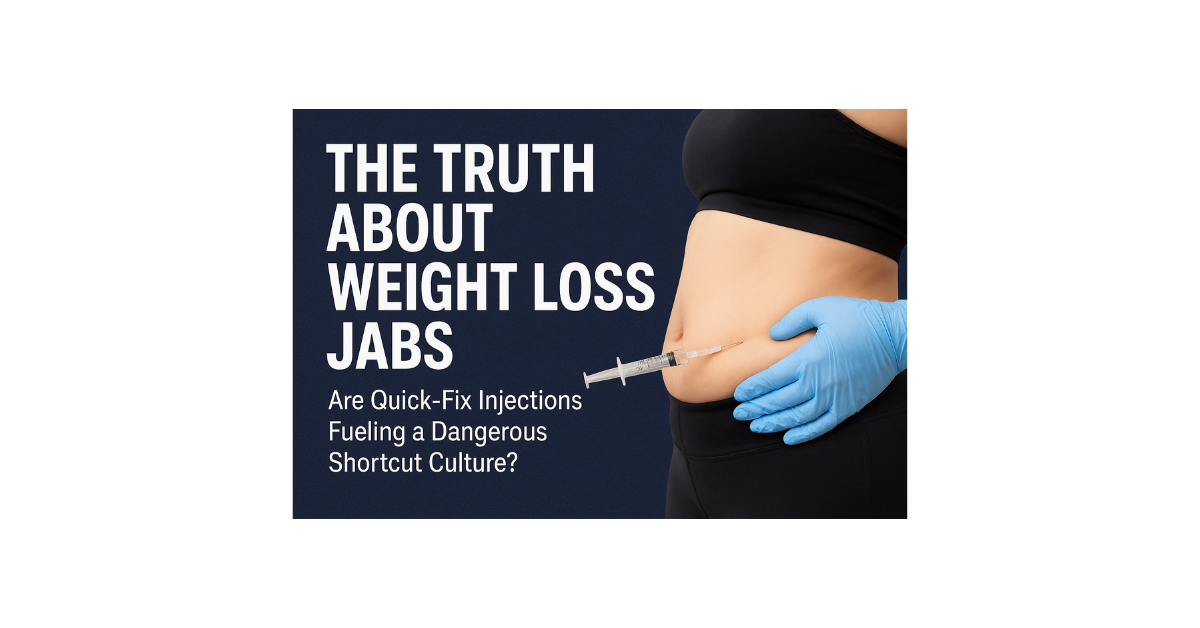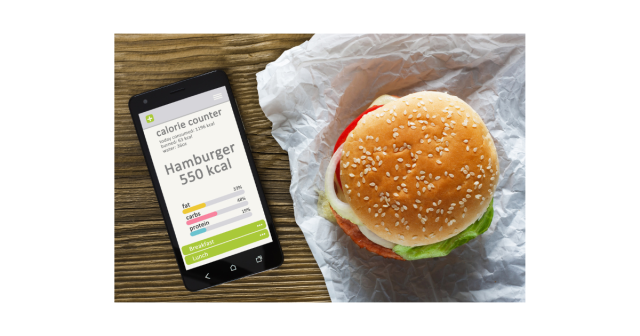Discover the hidden risks of popular weight loss injections like Ozempic, Wegovy, and Mounjaro. Are these quick fixes solving the problem or deepening our reliance on shortcut culture? Read the full breakdown.
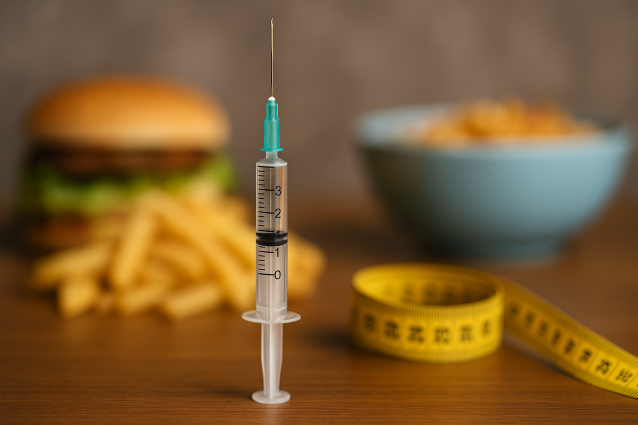
Introduction
In a world that craves instant results, weight loss injections like Ozempic, Wegovy, and Mounjaro have become household names almost overnight. Originally developed to treat diabetes and obesity-related conditions, these GLP-1 agonist drugs are now being used by millions for one simple reason: fast weight loss with minimal effort.
But what are the long-term effects of this obsession with quick fixes? Are these injections the miracle they promise to be or are they a reflection of a much deeper societal problem: our growing addiction to shortcut culture?
What Are Weight Loss Injections?
Weight loss injections like Ozempic (semaglutide), Wegovy (a higher dose of semaglutide), and Mounjaro (tirzepatide) are part of a class of medications known as GLP-1 receptor agonists. They work by:
- Slowing digestion (so you feel full longer)
- Suppressing appetite
- Regulating blood sugar levels
Originally designed for patients with Type 2 diabetes or clinical obesity, these drugs are now being used by a wider audience, including people with only minor weight concerns thanks to social media and celebrity endorsements.
These injections are not a quick fix. They must be combined with diet, exercise, and expert guidance, as explained in the British Heart Foundation’s guide Weight-loss injections explained.
The Allure of the Quick Fix
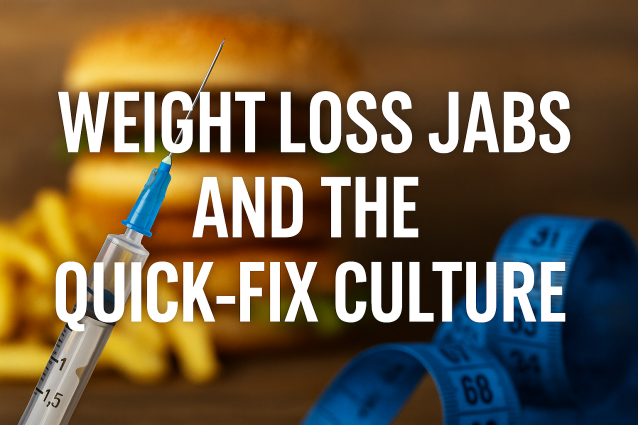
Losing weight is challenging. It requires discipline, time, and consistent lifestyle changes. When someone promises:
- Weekly injections
- No strict dieting
- Rapid weight loss
- Minimal exercise
…it’s no wonder people line up in droves. These injections appear to offer the holy grail of weight loss: results without the struggle. But there’s a dangerous undercurrent here: the rise of shortcut culture, where the process of transformation is bypassed in favour of fast, surface-level wins.
Shortcut Culture: A Dangerous Mindset
Shortcut culture is the belief that speed matters more than substance. It’s the idea that we can hack our way to health, success, or fulfillment without doing the deep work.
In the context of weight loss injections, this mindset plays out as:
- Prioritizing appearance over health
- Ignoring root causes like emotional eating or poor habits
- Seeking immediate results over sustainable outcomes
- Choosing convenience over responsibility
This cultural shift is dangerous because it devalues the slow, meaningful work required for lasting health and wellness.
The Risks of Weight Loss Injections as a Quick Fix
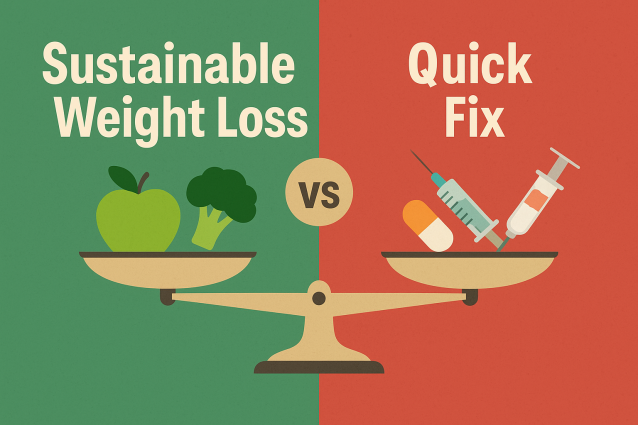
While these medications can be life-changing for people with medical need, using them as a cosmetic shortcut comes with real risks.
1. Weight Rebound After Stopping
Most users regain weight when they stop taking the drug. That’s because the underlying habits and behaviors haven’t changed—just the hunger cues.
2. Potential Side Effects
Common side effects include nausea, vomiting, constipation, fatigue, and even pancreatitis in rare cases. Long-term effects are still being studied.
3. Psychological Dependency
Relying on a jab to control your weight can lead to loss of confidence, anxiety around eating, and fear of weight regain.
4. Reinforced Body Image Issues
Using medication to fit into unrealistic beauty standards sends a damaging message—especially to younger generations—that weight equals worth.
Who Should (and Shouldn’t) Use Weight Loss Jabs?
These medications can be powerful tools when prescribed responsibly for:
- People with BMI >30 or BMI >27 with related conditions
- Those at risk of Type 2 diabetes or metabolic syndrome
- Patients under medical supervision with lifestyle support
However, they’re not ideal for:
- Individuals seeking quick cosmetic fixes
- Those with eating disorders or body dysmorphia
- People unwilling to make holistic health changes
Building Real Health in a Shortcut World
If we want to move away from shortcut culture and toward sustainable health, here’s what we need:
- Focus on Lifestyle First – Exercise, nutrition, sleep, and stress management form the foundation of good health.
- Heal the Relationship with Food – Many people turn to food for emotional comfort. Understanding this connection is key.
- Shift the Goal from “Thin” to “Well” – Health is energy, mobility, mental clarity, and emotional balance, not just weight.
- Use Medication as a Tool, Not a Crutch – Weight loss drugs should complement healthy behaviours, not replace them.
Final Thoughts
Weight loss jabs like Ozempic and Wegovy are not inherently bad. For many, they offer a legitimate medical intervention that saves lives. But when these powerful tools are co-opted as cosmetic quick fixes, they become symbols of a deeper societal issue: our unwillingness to face discomfort, do the work, and pursue sustainable change.
If we’re not careful, shortcut culture will rob us of more than just our health. It will strip us of the resilience and self-awareness needed to truly transform.

